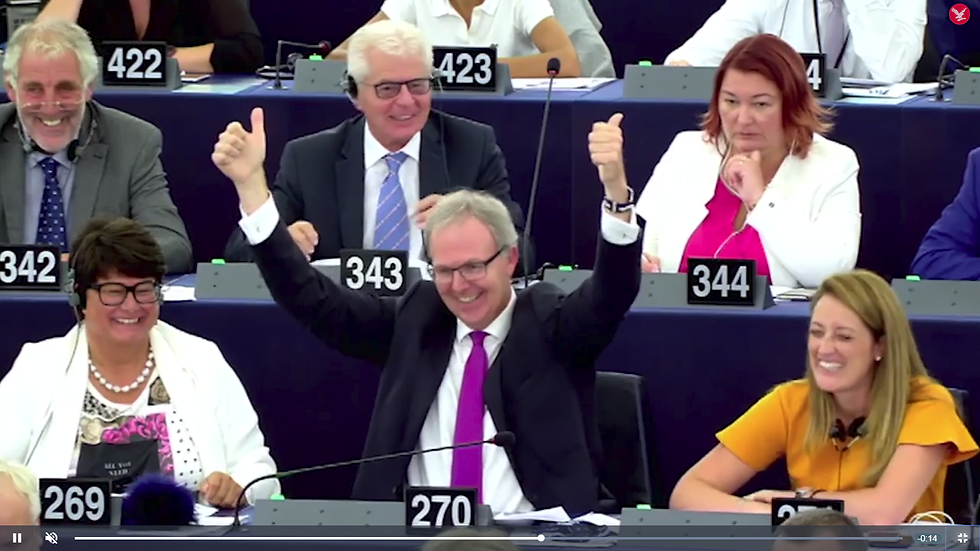EU Parliament Approves New Copyright Rules That Could Be 'Catastrophic' For The Internet
- Andrew Griffin
- Sep 12, 2018
- 2 min read

The EU parliament has approved new copyright rules that campaigners have warned could be "catastrophic" for the internet.
MEPs voted for the controversial rules, known as article 11 and 13. The most criticised of those is the latter, which stipulates that technology platforms must filter the things people post on them, and check for copyright infringement.
Campaigners warn that would probably force internet companies to introduce stringent new automated checks that content must pass before they are posted to platforms like Twitter and Facebook. That could reject anything that even possibly infringed copyright – leading to potentially banning memes that use screengrabs from films, for instance, according to campaigners.
Julia Reda, a pirate party MEP who has actively campaigned against the new measures and said they would be "catastrophic", said that upload filters will mean that legitimate content will be removed from sites accidentally. "Anything you want to publish will need to first be approved by these filters, perfectly legal content like parodies & memes will be caught in the crosshairs," she wrote on Twitter.
Article 11 introduces a so-called "link tax". That will mean that companies like Google and Facebook could have to pay news organisations to use their headlines on their sites, for instance, which campaigners claim could undermine some of the most central technologies of the internet. “Today, MEPs have decided to support the filtering of the internet to the benefit of big businesses in the music and publishing industries despite huge public outcry," said Siada El Ramly, director general of EDiMA, the trade association representing the online platforms. "We hope that governments of the EU will hear their citizens’ concerns in the next stage of negotiations.”
All of the rules have received sustained critiicsm from both the big technology platforms as well as internet campaigners. But they have been supported by the big companies in the media industries, as well as some of their biggest stars including musicians like Paul McCartney.
But some musicians argued that the rules could actually hurt their industry, by stifling the ability to collaborate.
"Musicians and artists thrive when they collaborate and share," said Wyclef Jean, who is in Strasbourg arguing against the rules. "I’ve worked with so many young artists – the future – who have sampled my music and succeeded. Upload filters or anything else that restricts this will stop artists from making and creating the future."
The rules will now progress through the rest of the legislative process, which will include a final vote in January, which is likely to see the rules passed. EU members will then choose how to enforce the directive in their own laws.
The new version of the rules included hundreds of changes that have been made since the parliament rejected them in July, such as allowing exemptions for the very smallest tech companies. But campaigners argue the substance of the new directive is the same, including the parts referred to as a link tax and the controversial automated filters.
Courtesy : Independent



Comments